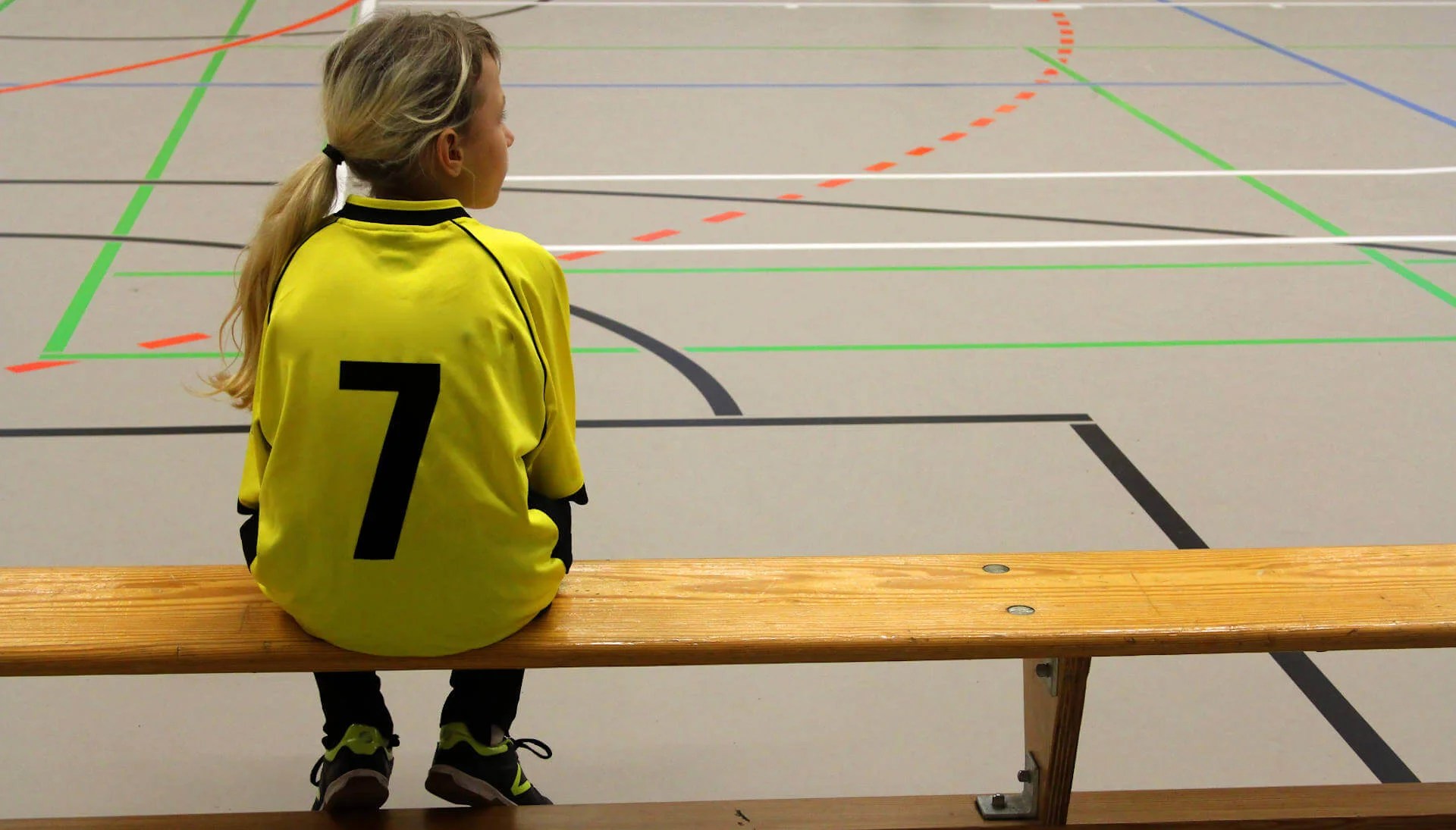A Youth Goalkeeper’s Mission for Mental Health Advocacy
May is Mental Health Awareness Month, a time of year dedicated to raising awareness and educating people about the importance of mental health. Awareness months like this one help promote inclusivity, raise awareness, educate, and spark conversations about topics and issues that individuals may not be aware of or, at the very least, remind them of. However, some issues and topics require ongoing awareness efforts, and mental health is one of them. We are all affected by the state of our brain, and there is no health without mental health. So, we should continue our awareness efforts beyond this dedicated month.
Two years ago, I made it my life’s mission to raise awareness about mental health after losing a former teammate and friend to suicide. I was only thirteen at the time, and processing the loss was incredibly difficult. Two weeks later, I received the news that another remarkable athlete, Stanford goalkeeper Katie Meyer, had also died by suicide. I had recently connected with Katie regarding a podcast show and upcoming ID camp, so the news of her passing left me feeling shocked and numb. It made me wonder what signs we may have missed and how two talented individuals could suddenly slip away from us like this.
Weeks later, after seeking counseling, I discovered that there is a stigma around discussing mental health struggles and the pressures student-athletes face, especially among youth and teenage athletes. While famous athletes like Michael Phelps, Simone Biles, and Naomi Osaka were beginning to speak publicly about their mental health issues, there appeared to be a line drawn around what was considered acceptable to share and by whom.
To me, it felt like society didn’t believe that youth athletes faced “real” pressure, or if they did acknowledge this, they didn’t know how to help or if it was their place to do so. This made me consider possible solutions and actions, so I started journaling my thoughts and feelings. Eventually, I turned my journal entry into an article that discussed my experience with loss and the significance of being open and vulnerable and shared it with Girls Soccer Network. The article was titled Coping With Loss and Mental Health in Youth Soccer.
This was one of the first articles I wrote that dealt with the issue of vulnerability and the challenges faced by youth athletes. I discovered that while many of my peers were reluctant to publicly share their own experiences and feelings about stressful situations and social pressures, they often reached out privately through email, text messages, and Instagram after my first few articles. I received numerous messages from teenagers and their parents, expressing gratitude for helping them feel less alone with their challenges. From Dealing with the Pressures of Social Media, Athletic Shape: What Does It Mean To Look Like an Athlete, to Splitting Time: Learning to Work Together Instead of Against Each Other.
By no means am I an expert in this area, nor do I pretend to be. But I am a teenager who has lost important people in my life. My goal is to actively lead conversations that promote healthy actions and changes, not just in May but throughout the year. I challenge all those reading this to help promote change and take action.
Although some important measures are now taking place, such as California’s #AB1575 (now known as the “Katie Meyer law”), which passed unanimously in the Assembly, there is still a need for more awareness that sports programs and schools need to do more of to help their student-athletes.
Below are some ways to get involved and help. It is vital that student-athletes are encouraged and taught to have open conversations about self-confidence, self-worth, and mental health issues. As I shared once before, there’s no such thing as a superhero mentality. The more we can be open and honest about this, the more progress and development can be made at all levels, from youth to collegiate, academic, and professional.
Ways to get involved:
- Reach out to non-profit and advocacy groups that raise awareness for student-athlete mental health and address the stigma within sports culture, such as Katie Save, The Hidden Opponent, Hope Squad, and Voice in Sport.
- Ask your sport program or club if they offer free mental skills training to coaches. If not, ask if they are willing to look into this.
- And most importantly, help break the stigma. Engage in conversations, share personal stories, and encourage open dialogue. Create a safe space for discussing mental health with your peers.
_
GIRLS SOCCER NETWORK: YOUR SOURCE FOR GIRLS SOCCER NEWS












